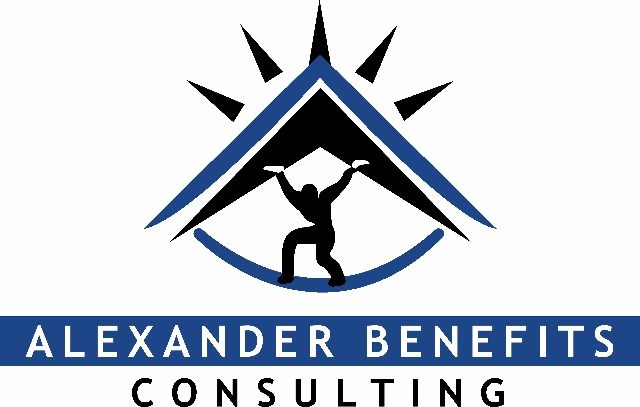Sep 29 2014 | Chase Cannon
As health care costs continue to rise, employers are increasingly shifting the cost of health care and related benefits to employees. Some ways to shift the cost to employees include offering a high-deductible health plan; decreasing employer contributions towards premiums, health reimbursement arrangements or health savings accounts; and increasing other cost sharing, such as coinsurance and deductibles. Another strategy in shifting costs is encouraging healthy behavior, or discouraging unhealthy behavior. A prime example is smoker surcharges for health insurance premiums or other penalties relating to tobacco use (such as a carve-out for smokers). Inquiring about smoker status, however, may bring the heat of angry employees and federal government scrutiny. As a result, employers seeking to implement tobacco-related rewards in their health benefit strategies should avoid getting too close to the fire by considering the following.
To begin with, any health insurance premium reduction or other wellness program reward based on tobacco use (e.g., smoker versus nonsmoker status) must meet the standards described in HIPAA. Very generally, HIPAA allows employers to implement a premium reduction (smoker surcharge) of up to 50 percent, so long as the reduction is administered through a HIPAA-compliant wellness program. Among other things, HIPAA’s wellness program rules require employers to offer a reasonable alternative to employees having to show that they are not smokers. In other words, if the standard to avoid the 50-percent smoker surcharge is nonsmoker status, the employer must provide an alternative standard for smokers to avoid the surcharge. Most employers do this by providing smokers with the opportunity to complete a smoker cessation program. Any employee who completes the smoking cessation program also avoids the 50-percent premium reduction. Employers generally must offer the alternative at no cost to the employee and must honor the reward for the entire plan year (even if the employee does not complete the alternative cessation program until later in the plan year).
Even if the employer’s smoker surcharge is implemented through a HIPAA-compliant wellness program, there are other compliance issues that could burn employers. Those include state law and the Americans with Disabilities Act (ADA).
On state law, some states have strict smoker protection laws, which may restrict an employer’s ability to include a smoker surcharge or otherwise base employment and benefit decisions on tobacco use. Some states strictly prohibit an employer from basing any employment decision on the use of legal substances, including tobacco. Other states allow employers to vary benefit costs if an insurer uses tobacco rates and passes those rates on to the employer. Even then, the variance may be less than the 50 percent allowed by health care reform and may not apply to an employer that self-insures their health plan. Employers should closely review state smoker laws before attempting to implement any tobacco-related benefit decisions, including smoker surcharges or carve-outs.
The ADA generally prohibits involuntary medical inquiries, and asking employees about their smoker status is considered a “medical inquiry.” Currently, it’s unclear whether inquiring about an employee’s smoker status can be “voluntary” where the answer affects participation in, or a cost related to, an employer-sponsored health plan. The U.S. Equal Employment Opportunity Commission (EEOC) – the federal governmental agency charged with enforcing the ADA – has not formed a formal position on the matter, but a cautious approach is to assume that conditioning health insurance enrollment or premium discounts on smoker status would not meet the voluntary standard. The EEOC recently filed suit against an employer that fired an employee for failing to submit the exams and inquiries and that required employees to submit medical exams and inquiries or pay the entire premium for the employer’s health benefits. The lawsuit is still pending, and the EEOC appears to be taking the position that an employer may not condition premium payment responsibilities on medical inquiries, since that is considered an involuntary medical inquiry under the ADA. It didn’t help that the employer fired the non-conforming employee — but the suit lends guidance into how the EEOC may treat these types of plans going forward. Indeed, while not formal guidance, an EEOC attorney discussing the case stated that shifting the entire premium cost to the employee would not be viewed as voluntary. That leaves some leeway for a simple surcharge (e.g., not the entire cost) for smokers – but cautious employers will view the EEOC lawsuit as a warning.
If an employer successfully douses the flames on those issues, a smoker surcharge can in turn fan the flames of benefit savings. Direct savings include the reduction in employer contributions – employees would bear more of the premium cost. Employers can use smoker surcharges without worry under the employer mandate’s affordability provisions: Affordability of a plan with a surcharge is determined on the premium charged to non-tobacco users (or tobacco users who complete the related alternative standard, such as attending a smoking-cessation program). In addition, employers may see indirect savings via a healthier employee base, which in turn drives down benefit claim costs and experience rates.
Overall, employers should engage their legal firefighters – outside counsel – to assist in controlling the compliance flames, particularly when smoke and smoking status are involved.
